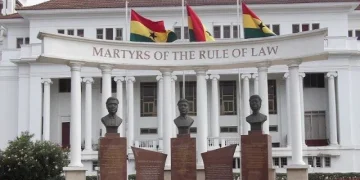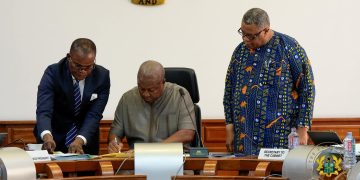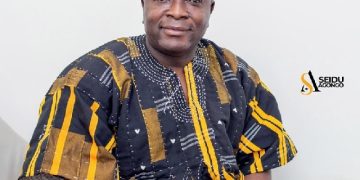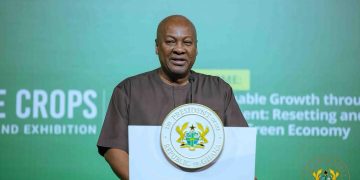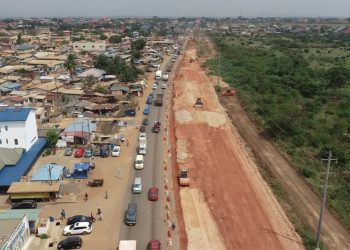The Africa Centre for Energy Policy (ACEP) has raised an alarm over the looming financial crisis in Ghana’s power sector, which experts believe could plunge the country into another debt crisis if not addressed promptly.
Speaking at a media capacity-building workshop in Kumasi, Kodzo Yaotse, Lead for Petroleum and Conventional Energy at ACEP, warned that the financial challenges facing the power sector are akin to a “ticking time bomb.
” According to Yaotse, the sector’s issues could soon exacerbate the country’s already precarious debt sustainability, risking further financial instability.
“The power sector’s financial troubles are not far off from pushing Ghana into another debt crisis,” Yaotse said, highlighting the sharp rise in sector debts. “If we do not act quickly, the situation will worsen, and we’ll have to sacrifice critical social investments just to keep the lights on.”
He criticized the Electricity Company of Ghana (ECG) for its poor financial management, stating that the company’s inability to properly account for its revenues and make payments within the cash waterfall mechanism is a key factor driving the financial strain.
He emphasized the need for urgent reforms to improve the efficiency and transparency of ECG operations.
“In the short to medium term, ECG must be held accountable for the revenue it collects. It’s not enough to say ECG will generate accounts; there must be proper financial oversight to ensure payments are made according to the prescribed system,” Yaotse added.
He also revisited long-standing discussions about the role of the private sector in improving ECG’s operational efficiency.
While clarifying that the aim is not to privatize ECG, Yaotse stressed the importance of private sector involvement in managing ECG’s assets and infrastructure under strict regulatory oversight.
“ECG remains a strategic asset to Ghana, but the way it is managed does not reflect best practices seen in power industries elsewhere in the world. We need to consider a more robust role for the private sector in managing the company’s operations,” he remarked.
Yaotse proposed a financial restructuring model that involves leveraging local pension funds and other patient capital to finance the sector’s growing needs. He acknowledged that these funds have been affected by recent debt exchange programs but suggested that with proper innovation, they could be directed towards stabilizing the power sector.
“The pension funds have patient capital that can be invested in this sector. We need to create the right framework for them to become partners in resolving these challenges,” he noted.
The workshop also addressed the growing tension between ECG and its regulator, the Public Utilities Regulatory Commission (PURC).
Yaotse lamented that the current system of “government regulating government” has rendered the PURC toothless in holding ECG accountable, with constant back-and-forth conflicts undermining the regulatory framework.
“The current arrangement, where the regulator is essentially another government entity, is problematic. This setup weakens the ability of the PURC to enforce its mandate, and the ongoing power struggles between ECG and its regulator are a reflection of that dysfunction,” Yaotse observed.
The media workshop aimed to equip journalists with the knowledge to advocate for financial sustainability in the power sector, focusing on the critical role of accountability and transparency in averting a full-blown crisis.
Source: www.kumasimail.com/IJB/Kumasi




